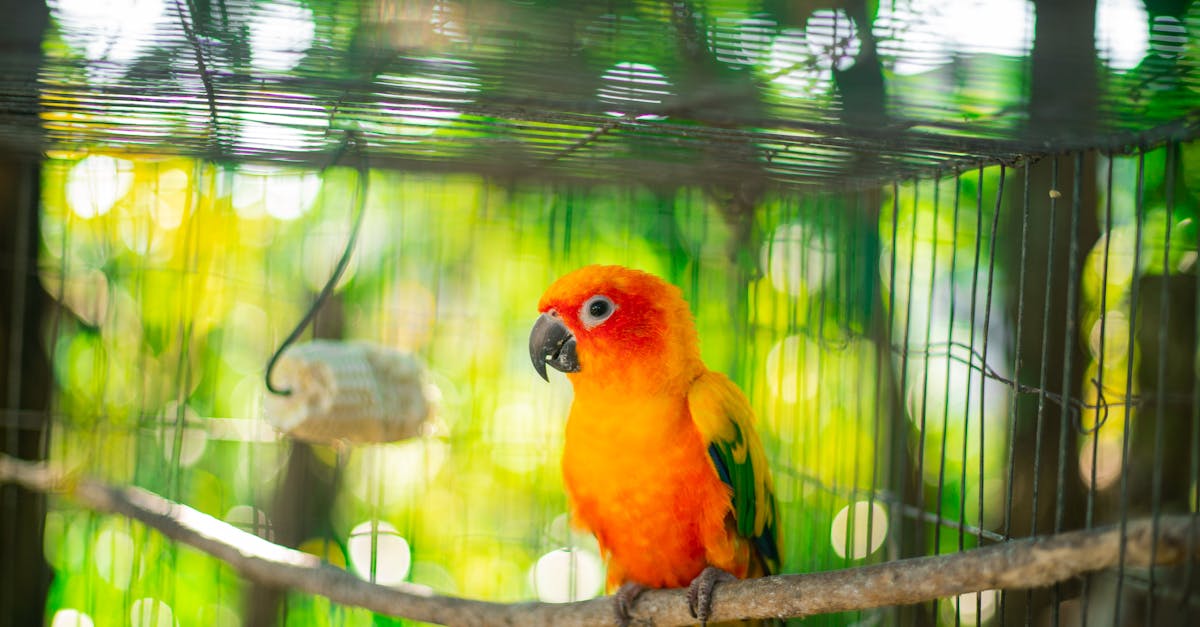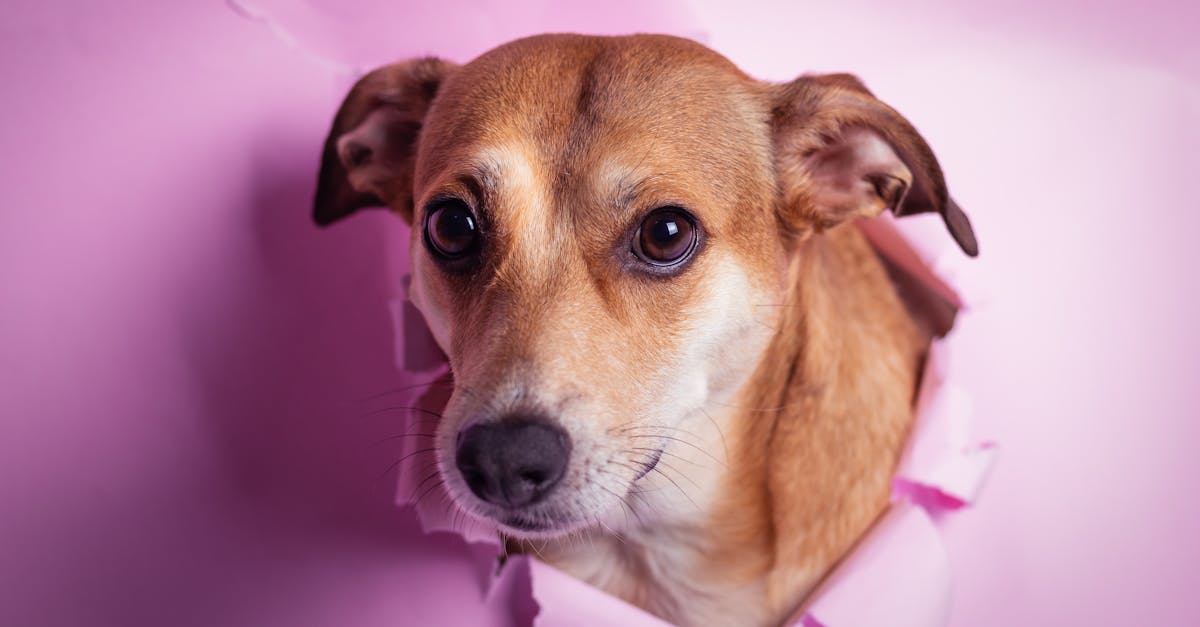Finding out your hamster has had babies can be both exciting and overwhelming. Whether you were expecting the new arrivals or they came as a surprise, knowing how to care for the mother and her pups is crucial for their health and wellbeing. Let’s walk through what you should do to ensure a safe and happy environment for your hamster family.
🩺 Vet Recommendations
When your hamster gives birth, the first 10 to 14 days are critical for the pups’ survival. During this time, the mother will do most of the work, but there are several steps you can take to support her while ensuring the babies remain safe and healthy.
Here are some general recommendations from veterinarians:
- Limit disturbances: Avoid handling the mother or her babies during the first two weeks. Excessive stress can cause the mother to reject or harm her pups.
- Provide a quiet environment: Keep the cage in a calm, low-traffic area away from loud noises, other pets, and bright lights.
- Increase food and water: Nursing mothers need extra nutrition and hydration. Ensure she has constant access to fresh water and high-quality hamster food.
- Avoid cleaning the cage: While maintaining hygiene is important, avoid cleaning the cage or disturbing the nest until the pups are older. Any changes to their scent can lead to rejection.
According to PetMD, stress and improper handling are two of the most common reasons for complications in hamster litters (source).
📋 Care Tips
To help your hamster family thrive, focus on creating a safe, nurturing environment. These care tips will help you meet the needs of both the mother and her babies:
- Choose the right bedding: Provide soft, unscented bedding for the nest. Avoid cedar or pine shavings, which can irritate the respiratory systems of both mother and pups.
- Keep the cage secure: Ensure the cage is escape-proof. Baby hamsters are surprisingly mobile and can squeeze through small gaps.
- Supply protein-rich foods: Nursing mothers require additional protein. Offer small amounts of boiled egg, cooked chicken, or mealworms as a supplement.
- Observe from a distance: Watch for any signs of distress in the mother or pups, such as lethargy, aggression, or lack of feeding.
Remember, the mother hamster knows what’s best for her babies. Intervening too much can disrupt her instincts and create stress.
✅ Do’s and Don’ts
Here’s a quick guide to what you should and shouldn’t do while caring for newborn hamsters:
- Do provide plenty of nesting material so the mother can build a comfortable nest.
- Do monitor the babies’ development from a distance. They should grow rapidly and begin exploring the cage by 10 to 14 days old.
- Do separate male and female pups at around 4 weeks of age to prevent unwanted breeding.
- Don’t handle the babies before 14 days, as their scent may change and lead to rejection.
- Don’t introduce new hamsters to the cage during this time. The mother may perceive them as a threat.
Following these guidelines will help ensure a safe and stress-free environment for your hamster family.
💡 Expert Advice
While most hamster mothers can care for their babies without human intervention, there are situations where you may need to step in. If the mother is unwell, rejecting her pups, or unable to nurse, you’ll need to provide additional care.
In such cases, consult a veterinarian immediately. They can guide you on how to care for orphaned pups, including feeding them with a syringe or providing the appropriate formula. Remember, time is critical when caring for newborn animals, so don’t delay seeking professional help if needed.
It’s also a good idea to schedule a vet check-up for the mother once the pups are weaned. This can help identify any health issues and ensure she recovers fully from the demands of pregnancy and nursing.
FAQs
Q: When can I start handling the baby hamsters?
A: You should wait until the pups are at least 14 days old before handling them. By this time, their eyes should be open, and they will be more independent. Always wash your hands before touching them to avoid transferring unfamiliar scents.
Q: What should I do if the mother hamster rejects her babies?
A: If the mother is not nursing or appears to have abandoned her pups, contact a veterinarian immediately. You may need to hand-feed the babies using a specialized formula, which requires careful preparation and feeding techniques.
Book a $49 online vet consultation at https://www.dialavet.com for fast, expert advice.























